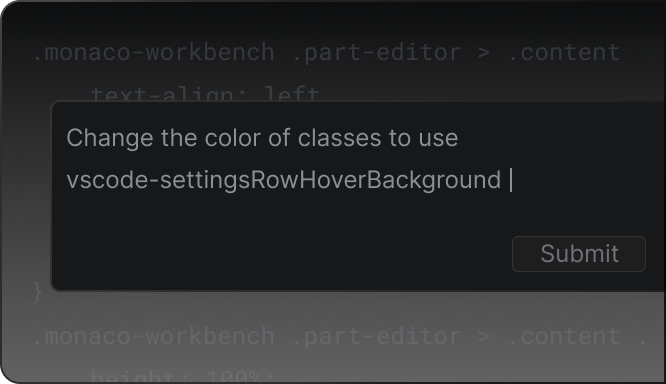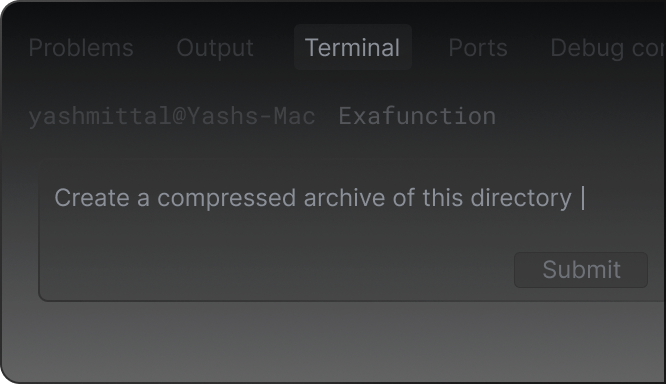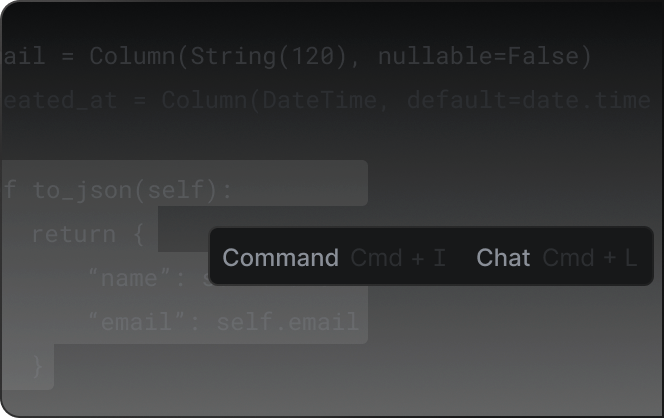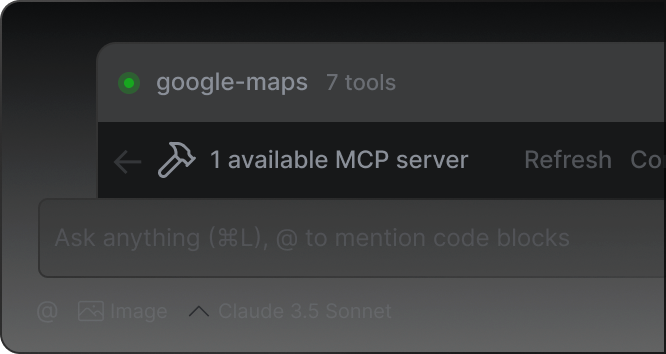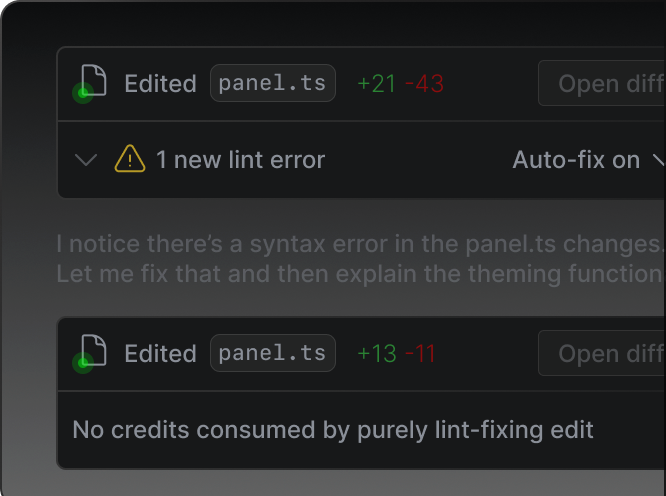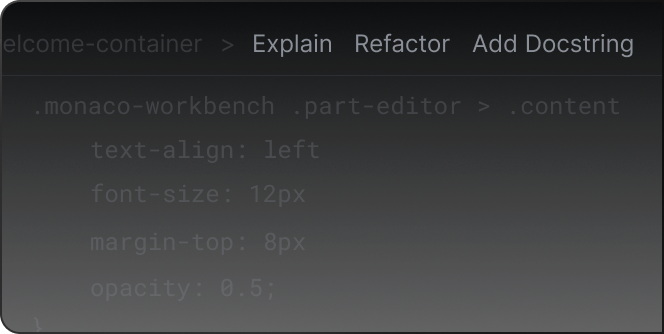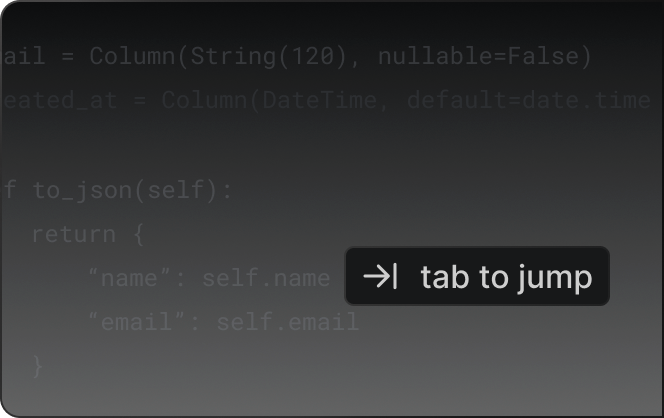Windsurf Enterprise is basically Windsurf but with enterprise features that your IT department demands. Look, I'm not gonna sugarcoat this - most AI coding tools are pretty shit at understanding what you're actually trying to build. GitHub Copilot suggests random crap, Cursor gets confused with large codebases, and don't get me started on the latest AI code generator that thinks every function should return void.
But Windsurf's Cascade agent is different. Instead of just looking at the current line and guessing, it tracks what you're actually doing - the files you edit, the terminal commands you run, even what you copy and paste. Sounds creepy? Yeah, a bit. But does it work better? Unfortunately, yes.
I spent 6 months testing this against Copilot on some massive TypeScript monolith - probably 200k lines, maybe more, honestly stopped counting after the 50th microservice. Copilot kept suggesting React component patterns for my Node.js backend APIs. Cascade actually understood I was building API endpoints and suggested relevant error handling patterns from other services in the same repo. The difference was night and day.
What You Actually Get
Cascade AI: The Cascade agent is the main reason you'd pay for this. It's not just autocomplete - it can actually do multi-step refactoring across dozens of files without breaking your shit. I've had it successfully migrate a React component library from class components to hooks, updating all the imports and tests. That would've taken me a full day; Cascade did it in 20 minutes.
Version 1.12.5 finally addressed some of the memory issues. Used to eat RAM like Chrome with 500 tabs open - now it's just mildly hungry instead of completely starving your system.

Enterprise Security Nonsense: Your compliance team will love the SOC 2 and HIPAA certifications. Mine certainly did. You get on-premises deployment if you're dealing with classified code or your CISO has trust issues. Fair warning: the on-prem setup is a pain in the ass and requires 200+ user minimum.
Team Features That Don't Suck: Unlike most enterprise tools, the admin dashboard actually shows useful metrics. You can see which developers are using AI the most (spoiler: it's probably your junior devs and they're crushing it). SSO integration works without weird OAuth dance errors. The PR review bot is surprisingly good at catching obvious bugs.
Model Choice: You can switch between OpenAI, Claude, and Gemini depending on what works best for your use case. Claude is better for complex refactoring, GPT-4 handles frontend better, Gemini is decent for documentation. Having options is nice because no single model is perfect.
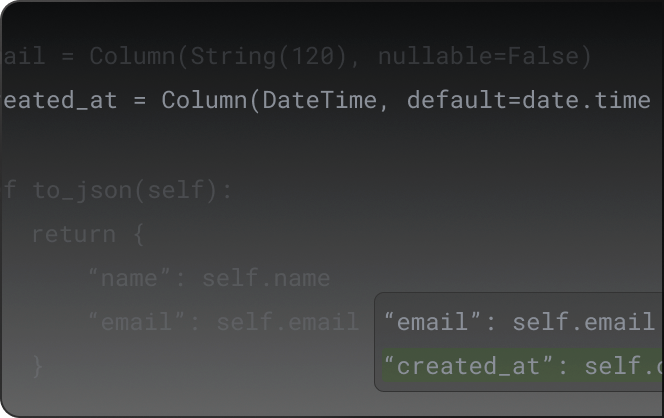
The Reality Check
Fuck those "200% productivity boost" claims you see in every AI tool pitch. Here's what actually happens: You'll save time on boilerplate and tedious refactoring. Your junior developers will level up faster. Code reviews become less painful because the AI catches obvious mistakes before you do.
But it's not magic. Cascade still suggests shit code sometimes. The Enterprise pricing starting at $60+/month per seat is expensive as hell for larger teams - Teams plan is $30/user/month, which is more reasonable but still pricey. And if you have a terrible legacy codebase with no documentation, even Cascade will struggle to understand what the fuck is going on.
That said, on a clean TypeScript project with decent architecture, Cascade is legitimately impressive. I've watched it implement entire feature branches while I was debugging a Docker networking issue. The time savings on big refactoring projects alone justifies the cost if you're doing frequent architectural changes.
Takes 2.3s on my M1 Mac to generate a full API endpoint with tests - your mileage may vary, but it's consistently faster than writing it manually.
The bottom line: if you're still manually writing CRUD endpoints and updating imports across 50 files, Windsurf will feel like cheating. If you're debugging distributed systems or handling complex business logic, you'll still need to think for yourself.
